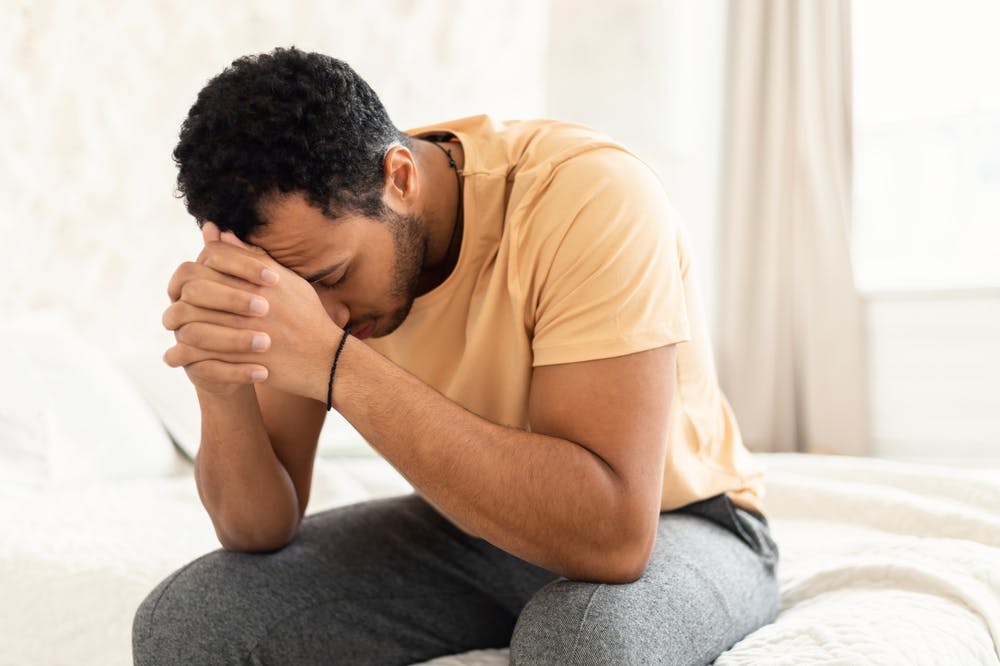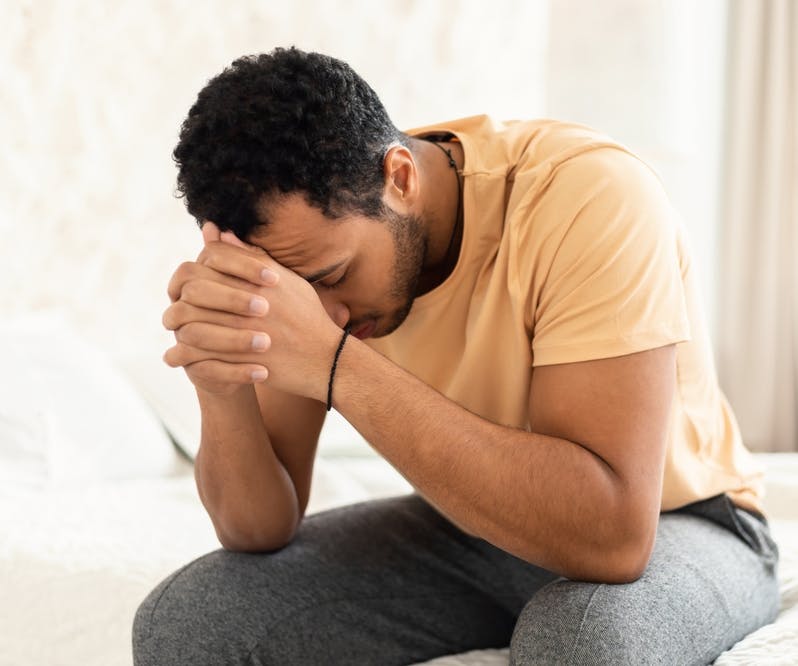Is clinical depression different from major depressive disorder?
What is clinical depression in relation to major depressive disorder, then? The term ‘major depressive disorder’ is used interchangeably with ‘major depression’ and ‘clinical depression’.[4]
Diagnoses for clinical depression may vary depending on whether one’s symptoms are mild, moderate, or severe.[5] If you or someone you know is displaying signs of depression, know that help is available. Consider reaching out to a doctor to discuss your concerns.
What are the treatments given for clinical depression?
Now, your query may have evolved from ‘What is clinical depression?’ to ‘How to treat depression?’ or ‘How to stop being depressed?’ If you are worried about a depressed mood or exhibiting signs of depressive disorders, do not worry – there are a variety of effective, evidence-based treatments available to help you manage your symptoms when necessary.
Mild depression can usually be offset with strategic lifestyle changes that your doctor may recommend, such as those related to your diet, sleep patterns, and exercise frequency. However, for the treatment of major depressive disorder, methods such as cognitive behaviour therapy, interpersonal therapy, and online therapy may be recommended if deemed appropriate for your situation.[6]
In some cases, your doctor may see the need to prescribe medications.[7] When combined with positive lifestyle changes and therapy, some medications may assist in regulating your daily mood and energy levels.
We at Mosh understand how overwhelming it can be to navigate life while experiencing depression, let alone seek treatment. That is why we would like to help you find a health practitioner who understands what you are going through and can recommend a suitable treatment plan when necessary.
With your Mosh doctor or nurse practitioner’s help, you can get answers to concerns such as ‘What is clinical depression?’ ‘How to not be depressed?’ and ‘How to deal with depression?’ You may also reach out about other mental health concerns, like how to relieve anxiety and how to reduce stress.
We have made it easy for you to access the help you need. It starts with a simple online questionnaire where we can get to know you and your concerns. If a treatment plan is suitable for your situation, a Mosh practitioner will get in touch and schedule an online consultation through text, call, or video chat.
If found suitable, the treatment of major depressive disorder may involve therapy sessions, prescription medication, or a combination of both. There are a variety of AHPRA-registered doctors you can connect with at Mosh. Prescription medication, if necessary, can be delivered discreetly to your doorstep.
Now that you’ve asked ‘What is clinical depression?’ and understand the condition a little better, we hope to be a part of your journey towards managing depressive symptoms and regaining a better quality of life. We at Mosh are here to help, so feel free to contact us today.

